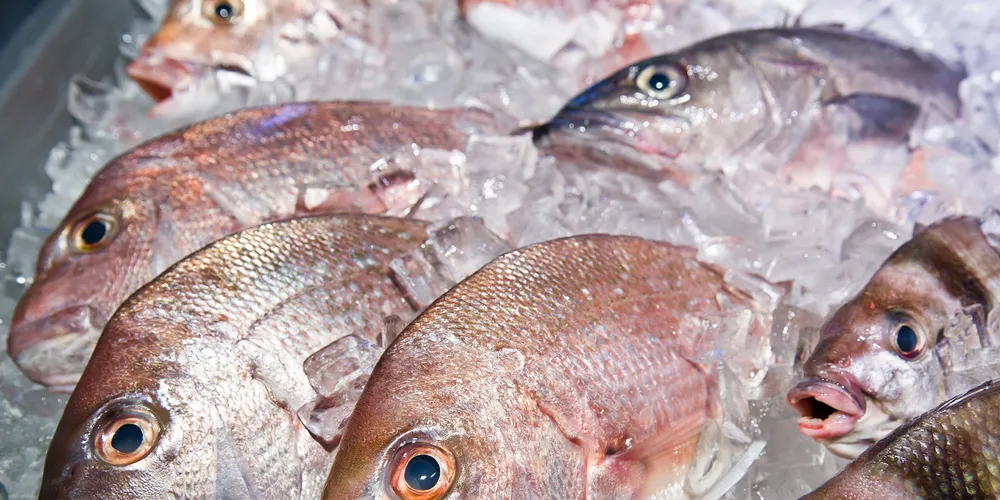Fish International 2014 blog: Recap on all the news from the event
IntraFish is blogging live from the fish international 2014 event in Bremen, Germany. Check back here to get the latest news from the showfloor.

IntraFish is blogging live from the fish international 2014 event in Bremen, Germany. Check back here to get the latest news from the showfloor.
